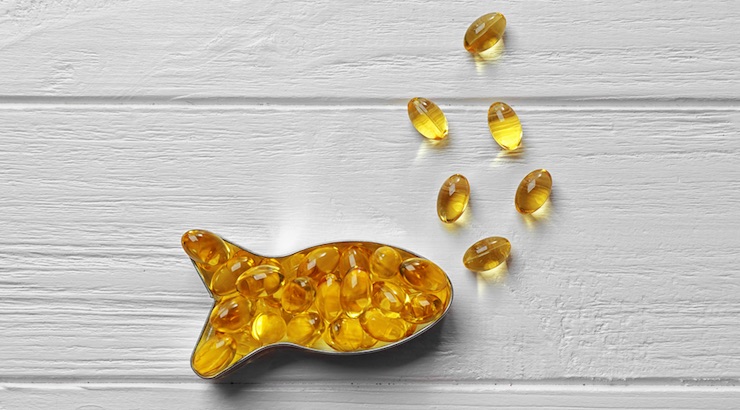Why Not Minimize the Risks of Concussions and Head Trauma with Smart Nutrition?
Soccer Players — Is it possible to minimize the risks of head trauma and concussions? What are the benefits of nutrition and can what we eat really make a difference? These are just a few of the questions that we have begun to explore …
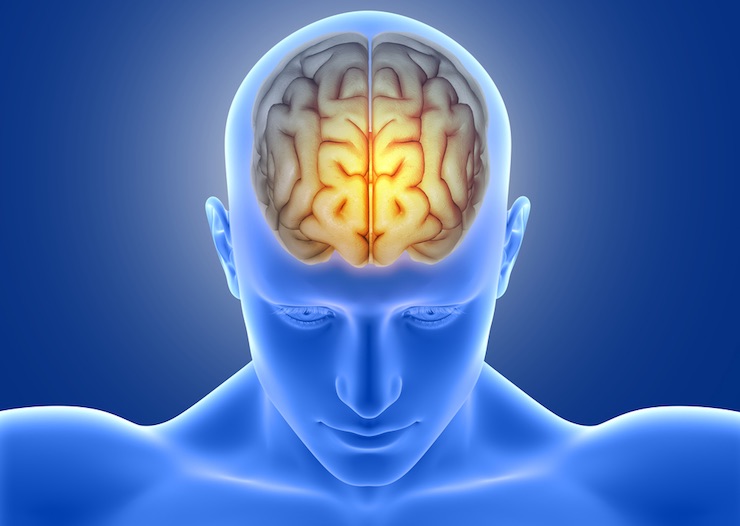
Youth Soccer News: Earlier this year, SoccerToday’s Diane Scavuzzo interviewed Thomas Kinder, Chief Executive Officer of Action Armor on the impact of Omega 3 and other supplements for youth soccer players.
Related Soccer News: SOCCER PLAYERS: CAN OMEGA-3S BE ARMOR FOR YOUR BRAIN
Soccer players are always at risks for concussions and head injuries. Can nutrition make a difference?
We asked this question and Bert Vargas, M.D., Associate Professor in the Department of Neurology and Neurotherapeutics at UT Southwestern and the Director of UTSW’s Sports Neurology and Concussion Program and the Sports Neurology Fellowship Program answered. Here are his thoughts on cushioning a potential blow with nutrition.
Often people think about nutrition for healing.
Maybe you use electrolytes to prevent muscle cramping. You might take calcium and vitamin D if you break a bone, or extra protein if you injure a muscle or have surgery.
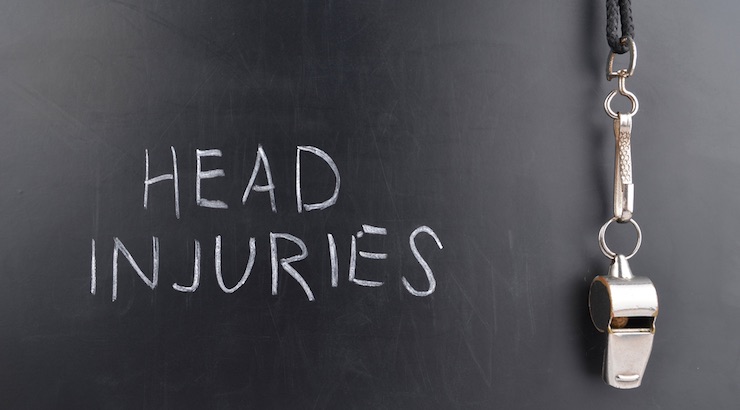 A lot of attention is being given to preventing concussions in sports. There is also a lot of research being done on how to help the brain recuperate after it has been hurt by a concussion.
A lot of attention is being given to preventing concussions in sports. There is also a lot of research being done on how to help the brain recuperate after it has been hurt by a concussion.
Another thing we are learning about is how to use nutrition to help the brain be better prepared to recover before it gets hurt. You can think of it like shin guards or elbow pads – you might not need them but when you do, they can definitely help prevent more serious injury.
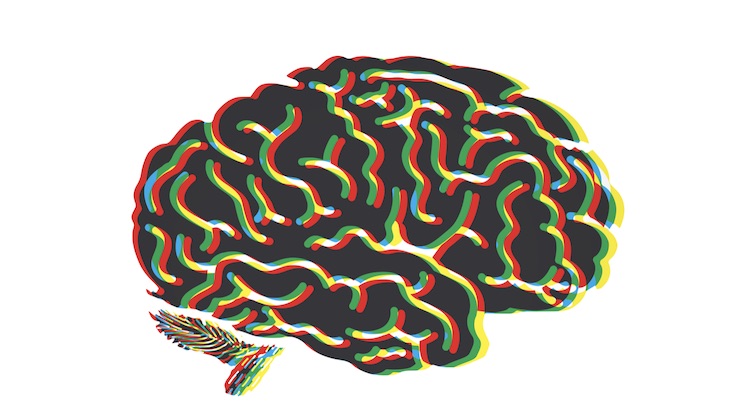 By being nutritionally prepared you may also be able to be proactive about protecting your body before you get hurt.
By being nutritionally prepared you may also be able to be proactive about protecting your body before you get hurt.
While taking vitamins will not actually give you superpowers to keep you from hurting yourself, some important nutrients can help you to be healthier in ways that might minimize the impact of an injury or help you recover more quickly.
Soccer Players – the Scoop on Fish Oil
Probably the best-recognized nutrients for brain health come from fish oil.
These nutrients are called essential fatty acids (EFAs) and fish oil is rich in two of them: Eicosapentaenoic Acid (EPA) and Docosahexaenoic Acid (DHA).
EPA and DHA are also called Omega-3 fatty acids.
Omega-3 fatty acids are very important compounds for the brain and nervous system.
Because of their established importance, researchers have taken an interest in understanding how EPA and DHA might help protect the brain. Having healthy levels of EPA and DHA in your body seems to help the brain have a better and more rapid response to injury and inflammation. They may do this by increasing the production of other anti-inflammatory factors in the body such as resolvins, acting as antioxidants, and normalizing other aspects of brain chemistry.
Use of EPA and DHA from fish oil is generally associated with fewer damaged cells and less overall damage after injury.
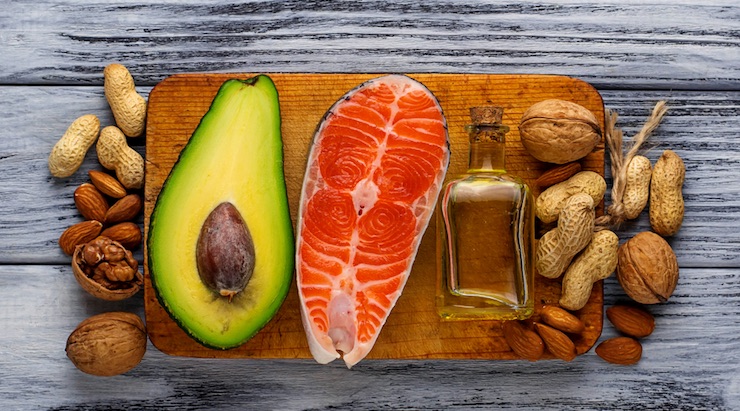
Although fish oil can be obtained by eating fatty fish such as salmon, mackerel, or tuna, yet many people find it easier to take fish oil supplements.
For fish oil to be most effective, it should be taken every day.
Your body also uses EPA and DHA for many other physiologic functions outside of the brain – including maintaining heart health, joint health, and skin health – so you need to have enough EPA and DHA in your body each and every day to assure that you can get all the health benefits in addition to supporting brain protection.
Soccer Players – the Scoop on Vitamin D
When people think about vitamin D, they probably think about healthy bones before thinking about a healthy brain.
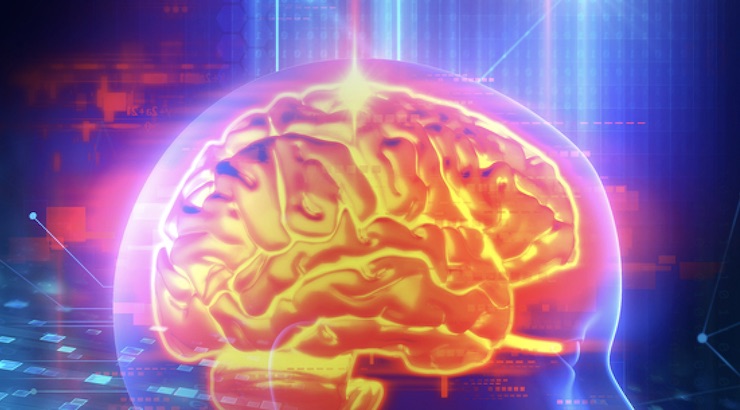
The brain is actually rich with vitamin D receptors – places where vitamin D binds to cells and causes specific things to happen.
Some of those actions include stimulating to the production of chemical messengers in the brain (neurotransmitters), promoting nerve growth, and helping to protect the cells of the brain by reducing factors related to inflammation. Studies have also shown that people with healthier levels of vitamin D have better brain function compared to people with levels that are low.

Soccer Players – the Scoop on Vitamins C and E
Vitamins C and E are part of a group of nutrients that we call antioxidants which generally have a role in protecting the cells of our body from aging, injury and more.
Both are present in significant amounts in the brain and nervous system, where they appear to work together to support neuroprotection.
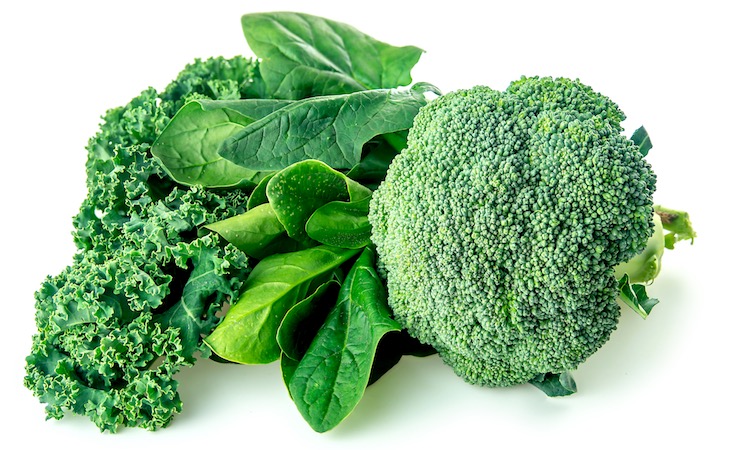
Soccer Players – the Scoop on Lutein and zeaxanthin
Another class of antioxidants are the carotenoids. If that word reminds you of carrots, you are correct – because carotenoids give carrots their distinct orange color. Lutein and zeaxanthin are orange-yellow carotenoids that account for the color of the marigold flowers from which they are obtained.
 Scientists first became interested in these nutrients because they play an important role in eye health. They are protective of the eye and may also enhance visual reaction time – potentially a very good thing for athletes.
Scientists first became interested in these nutrients because they play an important role in eye health. They are protective of the eye and may also enhance visual reaction time – potentially a very good thing for athletes.
The newest research on lutein and zeaxanthin shows that they may also protect the brain by promoting cognitive function and a healthy response to stress.
Soccer Players – the Scoop on Nutrition making an impact
There are many ways to protect yourself when you play sports.
Just as you always want to use the right gear, you should also think about nutrients that you can get in a healthy diet or in supplements that may help you meet your goals of protecting the body and your brain.
While nutrition will not keep you from getting hurt, it can help you to be more prepared for the physical stresses of sports including recovery after many types of injuries.
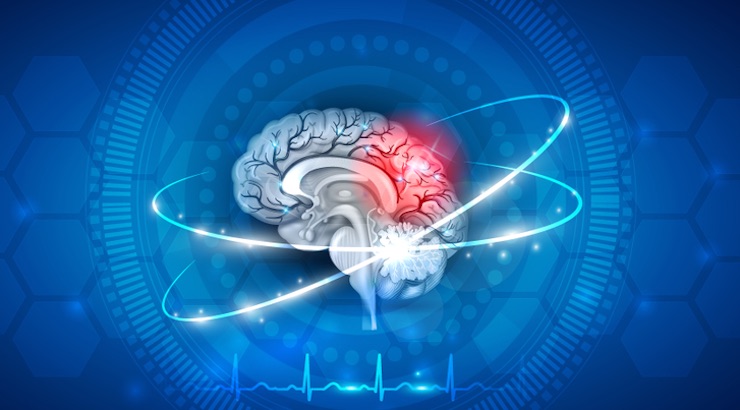
References:
- Oliver, J.M., Jones, M.T., Kirk, K.M., Gable, D.A., Repshas, J.T., et al. Medicine and science in sports and exercise, 48, (2016): 974–982.
- Wu et. al. Journal of neurotrauma, 21.10, (2004): 1457- 1467.
- Petraglia, A. L., Winkler, E. A., & Bailes, J. E. Surgical neurology international, 2 (2011)
- Welland, D. Does Vitamin D Improve Brain Function? Scientific American Mind. (2009)
- Przybelski, R.J., Binkley N.C. Archives of Biochemistry and Biophysics460, 2 (2007): 202-205.
- Chan, Alvin C. “Partners in defense, vitamin E and vitamin C.” Canadian journal of physiology and pharmacology71.9 (1993): 725-731.
- Petraglia AL, Winkler EA, Bailes JE. Surgical neurology international. (2011)
- Bovier ER, Renzi LM, Hammond BR. PLoS One. (2014)
- Johnson EJ. Role of lutein and zeaxanthin in visual and cognitive function throughout the lifespan. Nutrition reviews. (2014):605-12.


